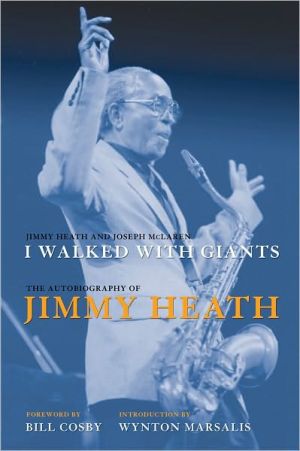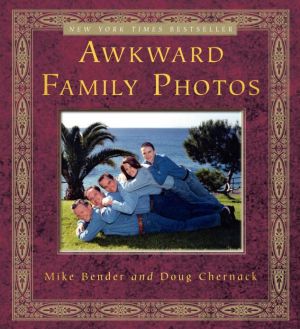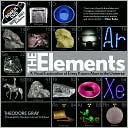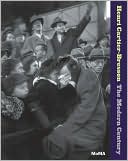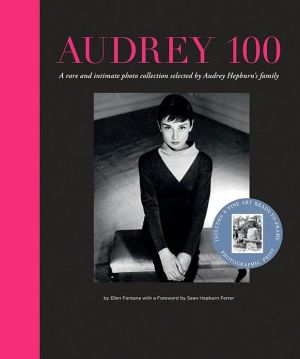I Walked With Giants: The Autobiography of Jimmy Heath
"Composer of more than 100 jazz pieces, three-time Grammy nominee, and performer on more than 125 albums, saxophonist Jimmy Heath has earned a place of honor in the history of jazz. Over his long career, Heath knew many jazz greats, such as Charlie Parker, and played with other innovators, including John Coltrane, Miles Davis, and especially Dizzy Gillespie. Along the way, Heath won both their respect and their friendship." In this autobiography, the legendary Heath creates a "dialogue" with...
Search in google:
Composer of more than 100 jazz pieces, three-time Grammy nominee, and performer on more than 125 albums, saxophonist Jimmy Heath has earned a place of honor in the history of jazz. Over his long career, Heath knew many jazz giants, such as Charlie Parker, and played with other innovators, including John Coltrane, Miles Davis, and especially Dizzy Gillespie. Along the way, Heath won both their respect and their friendship. In this extraordinary autobiography, the legendary Heath creates a "dialogue" with musicians and family members. As in jazz, where improvisation by one performer prompts another to riff on the same theme, I Walked with Giants juxtaposes Heath's account of his life and career with recollections from jazz giants about life on the road and making music on the world's stages. His memories of playing with his equally legendary brothers, Percy and Albert (aka "Tootie"), dovetail with their recollections. Heath reminisces about a South Philadelphia home filled with music and a close-knit family that hosted musicians performing in the city's then thriving jazz scene. Milt Jackson recalls, "I went to their house for dinner. . . . Jimmy's father put Charlie Parker records on and told everybody that we had to be quiet till dinner because he had Bird on. . . . When I [went] to Philly, I'd always go to their house." Today Heath performs, composes, and works as a music educator and arranger. By turns funny, poignant, and extremely candid, Heath's story captures the rhythms of a life in jazz. Publishers Weekly Over a long career, from the big-band era to today's contemporary sound, Philadelphia-born jazz saxophonist Heath puts all of the peaks and valleys of a rigorous professional life in a unique memoir that speaks volumes to the values of discipline, tradition, and perseverance. Aided by a foreword by jazz fan Bill Cosby and an introduction by top brass man Wynton Marsalis, Heath's story is told in a classic call-and-response manner, with his family members and fellow musicians such as Benny Golson, Clark Terry, Barry Harris, and Art Farmer chiming in about the quality of the man and the performer who rose through the musical ranks to become a peerless arranger-composer of big bands and small groups. His struggles with drugs, shady club owners, Jim Crow, and his work and influence with Dizzy Gillespie, Miles Davis, John Coltrane, and Dexter Gordon are discussed candidly, along with his popular work with his famed brothers, Percy and Tootie in the 1970s. A true jazz milestone, this bold account by Heath and Hofstra English professor McLaren further illuminates the seldom-told story of our creative homegrown music. (Jan.)
Foreword: In the Basement Bill Cosby Cosby, BillIntroduction Wynton Marsalis Marsalis, WyntonPt. 1 First Chorus (1926-1949)1 Finding a Rhythm: Philadelphia and Wilmington, North Carolina 12 Big Band Connections 203 Organizing and Melodizing 42Pt. 2 Second Chorus (1949-1969)4 High Note-Low Note: Dizzy and Miles 615 Sharp Dissonance to Smooth Harmony with Mona 786 On the Riverside 997 Maintaining the Groove 126Pt. 3 Third Chorus (1969-1986)8 Stretching Out: Jazz Transitions 1459 Marchin' On: The Heath Brothers 16210 "For the Public": The Heath Brothers 182Pt. 4 Fourth Chorus (1986-)11 Reharmonization: Queens College 20512 Up-Tempo Mode 23013 Aroma of the Roses 25314 Endless Stroll 273Appendix A Unique Names 287Appendix B Honors and Awards 291Appendix C Selected Discography 295Appendix D Compositions 301Appendix E Chronology 303Index 309Illustrations follow pages 24, 104, and 216
\ Publishers WeeklyOver a long career, from the big-band era to today's contemporary sound, Philadelphia-born jazz saxophonist Heath puts all of the peaks and valleys of a rigorous professional life in a unique memoir that speaks volumes to the values of discipline, tradition, and perseverance. Aided by a foreword by jazz fan Bill Cosby and an introduction by top brass man Wynton Marsalis, Heath's story is told in a classic call-and-response manner, with his family members and fellow musicians such as Benny Golson, Clark Terry, Barry Harris, and Art Farmer chiming in about the quality of the man and the performer who rose through the musical ranks to become a peerless arranger-composer of big bands and small groups. His struggles with drugs, shady club owners, Jim Crow, and his work and influence with Dizzy Gillespie, Miles Davis, John Coltrane, and Dexter Gordon are discussed candidly, along with his popular work with his famed brothers, Percy and Tootie in the 1970s. A true jazz milestone, this bold account by Heath and Hofstra English professor McLaren further illuminates the seldom-told story of our creative homegrown music. (Jan.)\ \ \ \ \ Library JournalHeath, with McLaren (English, Hofstra Univ.; Langston Hughes: Folk Dramatist in the Protest Tradition, 1921–1943), tells a life story that is inspiring and thoroughly enjoyable. Rising up through the big band era, absorbing the ideas of the beboppers in the mid-1940s, and continuing to embrace changes in jazz from the 1960s through the 1990s, Heath has produced sought-after compositions and arrangements and, as a teacher, has shared his love of the principles of jazz with thousands of students. Now an elder statesman who remains active, he writes of how his supportive family life allowed him to succeed. His parents let him and many other musicians practice at their home, and they were steadfast even after he developed a taste for heroin in the 1950s. Beyond Heath's storytelling, the book is interwoven with comments from a number of acquaintances (mostly musicians), which helps keep the narrative moving. VERDICT This is an entirely engaging and thoughtful autobiography from one of jazz's true treasures. This richly told saga is highly recommended.—William G. Kenz, Minnesota State Univ., Moorhead\\\ \
